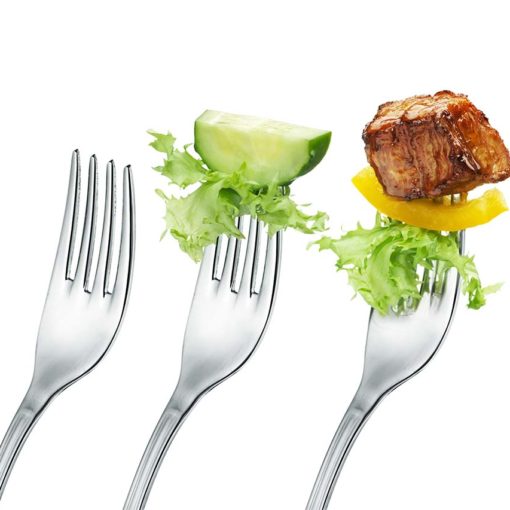There is a huge misconception in the health field that you can’t eat a nourishing diet on a budget.
Whether you are a college student stuck between Kraft mac and cheese & Budweiser, trying to make ends meet, or just someone trying to save up, this can be for you.
The first and most crucial recommendation is to eat at home.
Dining out is a great treat once in a while, but the prices add up, and the mystery remains about what exactly is going in your food. Excess vegetable oil? Farmed fish? GMO produce? Instead, you can cook at home and get the luxury of formulating your own recipe and testing it to your liking. This way you are able to sharpen your cooking skills as well as saving the money for bigger and better things.
It is true that eating healthy can be pricey.
But most of that comes from buying all organic foods, loading up on super foods and/or indulging in processed alternatives. When the day ends and all you have left in your refrigerator is sauerkraut and mustard, your trip to the store does not have to be stressful.
- Plan what you intend to make, noting multiple recipes you can whip up with the ingredients on your list.
- At the store, stick to the outer aisles such as produce, protein, and more fresh foods.
- If you find yourself in the inner aisles, review the generic brands’ ingredient list – these brands are generally cheaper than their counterparts.
- Make larger batches of the recipes for tomorrow’s lunch or dinner and always freeze or consume your left overs. This way, food is always readily available for when you are cooking on the run.
- One person’s perception of “cheap” is not universal, so ultimately you will need to establish a budget and find what works best for you.
- If you are able to shop at your local farmer’s market or Community Supported Agriculture (CSA), it is a great way to get produce in season then freeze the excess for off-season. This is also an option for conventionally bought foods, which are cheaper in season.
- Ordering in bulk is also recommended for items you eat on a regular basis, as they are cheaper per pound when bought in excess.
These are just a few tips for cutting costs while still managing a whole foods, nutritious diet. If interested, sessions are available where Wendy and Debbie can help you tackle your grocery store concerns one-on-one whether it’s interpreting nutrition labels, healthy foods on a budget, or configuring a meal plan.
What ways do you stay healthy on a budget?






